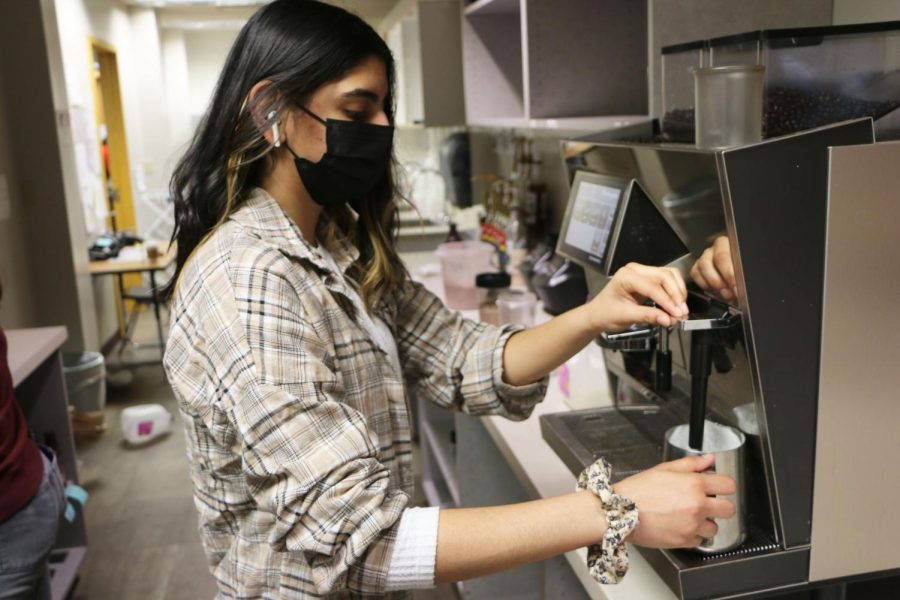Every year, sophomore Zara Niazi spends a month without eating or drinking every day from sunrise to sunset. She is one of many Muslim students at this school and around the world who participate in Ramadan, the holiest month in Islam.
During Ramadan, which is in April this year, Muslims fast daily. Instead of eating, Muslims devote daylight hours to spiritual discipline. They spend time contemplating their relationship with Allah, which involves extra prayers, increased generosity and deep study of the Quran. But Ramadan significantly impacts the lives of Muslim students, who juggle their religious practices with school and other activities.
“School becomes harder,” Niazi said. “Because of the fact that I’m fasting and that I have to wake up before the sun rises, I am much more tired and usually weaker. The feeling of hunger definitely affects my focus and productivity, so it becomes difficult to continue to work well. Sometimes, it can take away from your motivation to study since you have so much less energy.”
According to Monica Porter, a registered dietician for the CCS Wellness Center, this decline is due to a lack of nutrition.
“If a teenager isn’t getting good nutrition, it can really affect how their body functions and their ability to concentrate on their studies,” she said. “If you’re not getting enough carbohydrates or you’re skipping meals, you run the risk of having things like low blood sugar, which can make you feel lightheaded and different things along those lines. They call it ‘brain fog,’ meaning you’re not thinking as clearly as you would if you were getting enough nutrition.”
To deal with these effects, Porter said she recommended all students eat balanced meals and advised that half of one’s plate should be fruits and vegetables, a quarter should be grains and starches and a quarter should be proteins.
For fasting students in particular, she also said they may want to eat larger portions before sunrise and after sunset to ensure the obtainment of enough calories because teenagers who are still growing need a lot more calories than a typical adult.
Niazi said that the negative effects of fasting, however, diminish as the month progresses.
“You have to adapt and get used to it. As the month goes on, you get better at managing the effects fasting has on your productivity,” she said.
Math teacher Sara Atlihan, who is also a Muslim, shared this sentiment. Atlihan even said one’s productivity and focus can increase when fasting.
“Even if it seems like your attention will drop,” she said, “it does not really drop as the month develops. With the end goal of personal improvement in mind, you can focus better…With the belief that you can overcome something, you will overcome it.”
Senior Daniyal Sher, who also fasts during Ramadan, also said fasting can work to improve one’s behavior in school.
“Fasting can definitely improve my attention,” he said. “Obviously, I’m hungry, but I’m able to focus on improving myself, and part of that, for me at least, is giving it my best, so when I’m in school, I’m always trying my hardest, trying to give my fullest attention and trying to do the right thing.”
Along with perseverance, Atlihan, her and Niazi stressed the benefit of finding communal support.
Niazi said, “My Muslim friends and I share how we’re doing with each other. That relatability definitely makes it easier to get through the month.”
Beyond support within just the Muslim community, Atlihan also discussed the interaction of others.
“I think others interact because they’re curious about Ramadan,” she said. “We are happy to share the month with them.”
In regards to this relation, Sher said his non-Muslim friends are incredibly mindful and encouraging for him during the month.
“A lot of my friends are really considerate,” he said. “They’ll show their support and give me nice messages telling me how cool they think it is and motivating me. They’re overall really compassionate. For example, if they’re eating, they’ll try to put their food away when they’re in front of me and try to find activities that we can do that don’t revolve around food to make it easier for me to fast.”
However, Niazi said these interactions with non-Muslims can often be disheartening.
“Sometimes other students can be ignorant,” she said. “They can ask really trivial questions, and I’d advise people to just do some basic research before asking any dumb questions.”
Niazi and Atlihan said they request other students and staff members to be more mindful of fasting students.
“Students might have sleepless nights; they might be tired and have a hard time focusing. Others should be mindful of it and help make sure they are not feeling extra stressed,” Atlihan said.
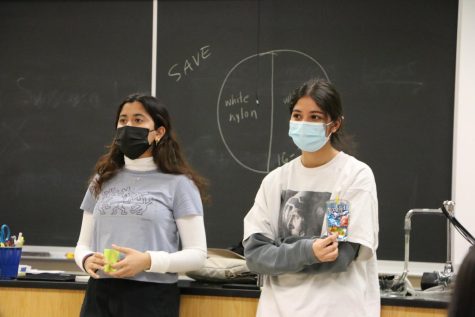
Moreover, Niazi said she hopes to see future actions taken by the school to accommodate its Muslim student population. She said she believed policies such as offering a separate area where students who are participating in Ramadan can go during lunch can be helpful.
“At the end of Ramadan,” she said, “we have a holiday, Eid, and we don’t get school off that day. I think it’s a little unfair that some other holidays get a day off, but for Eid, we still have to go to school, which can make it difficult for Muslims.”
Overall, Atlihan said Ramadan is a month where she sees improvements in herself despite physical distress.
“At the end of the month, there is a feeling that you’ve accomplished your goal,” she said. “With that end goal in mind, it is worth it.”

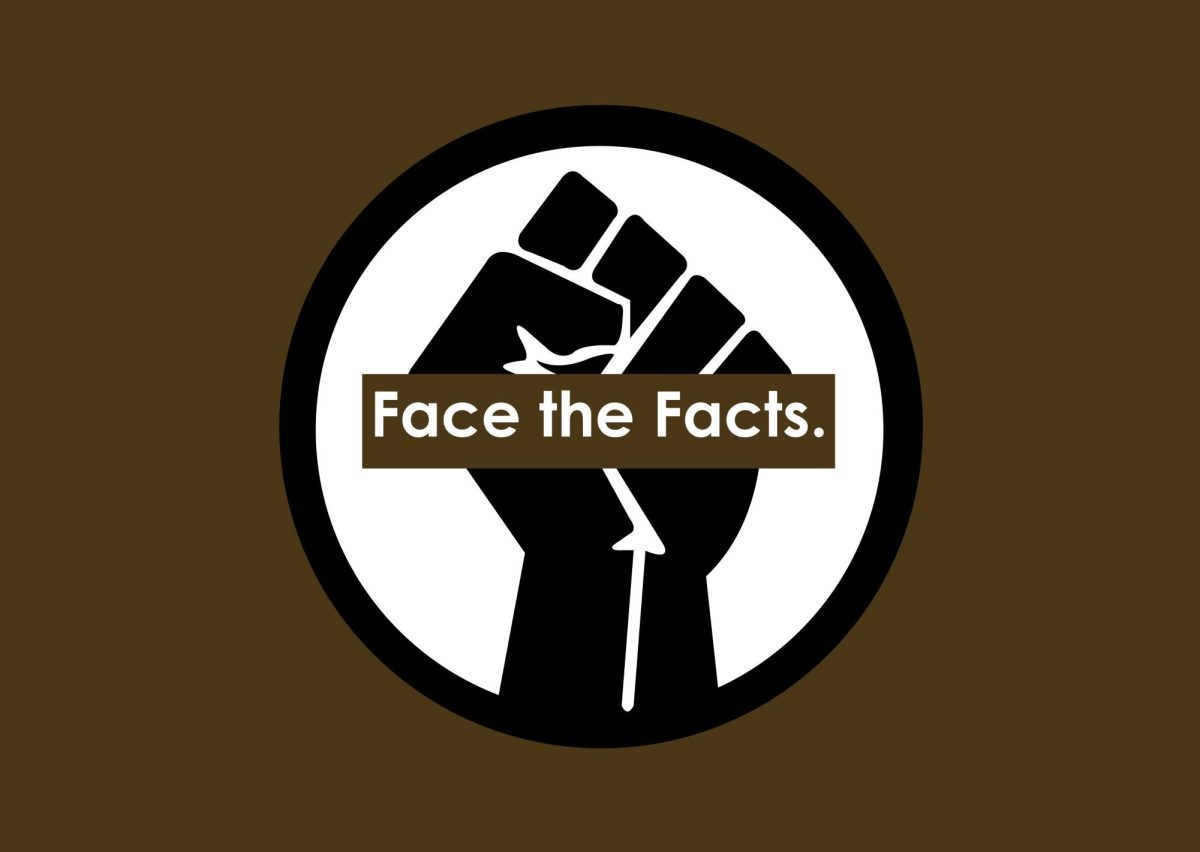








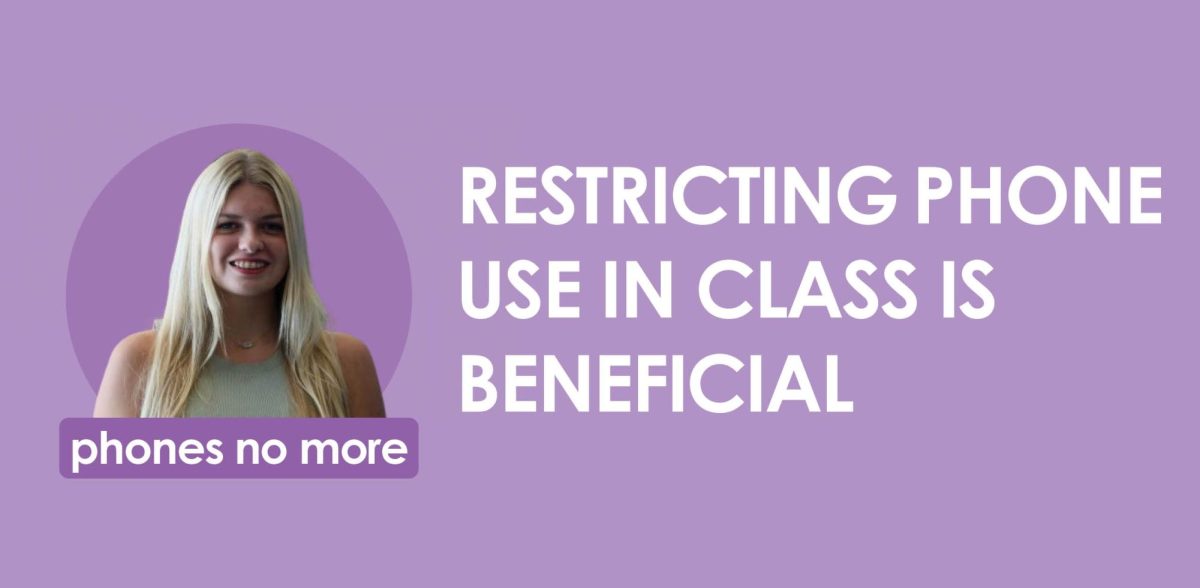
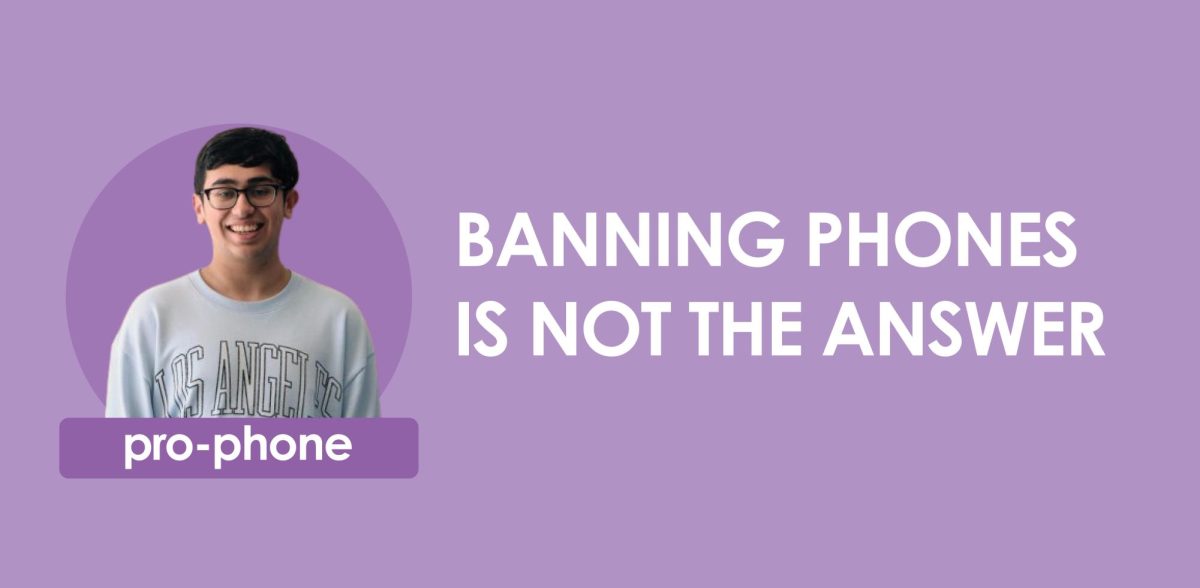
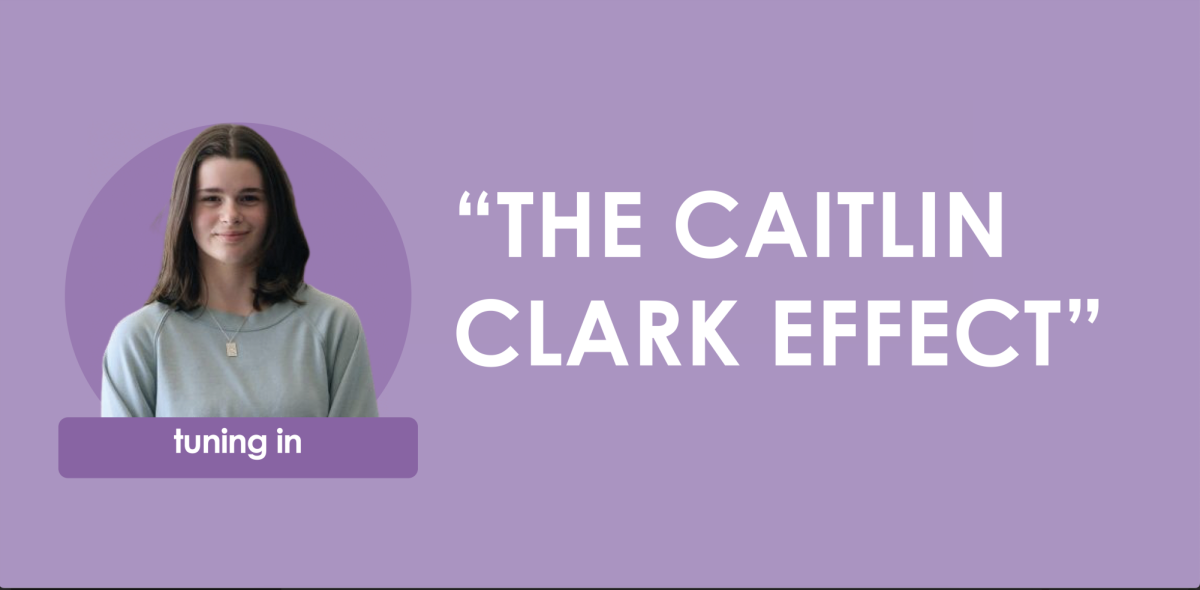
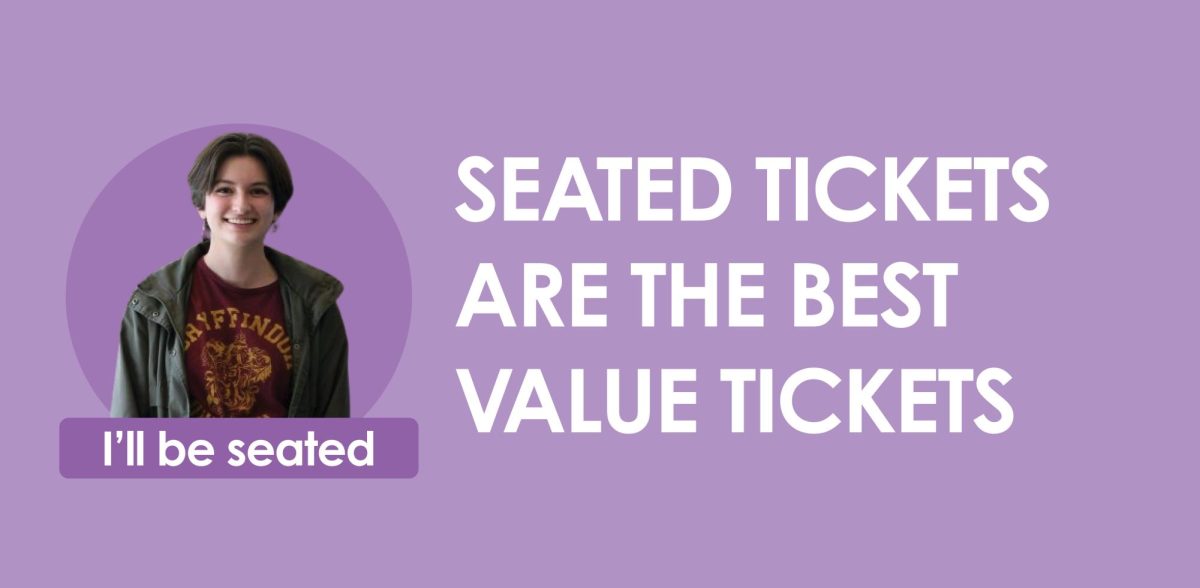
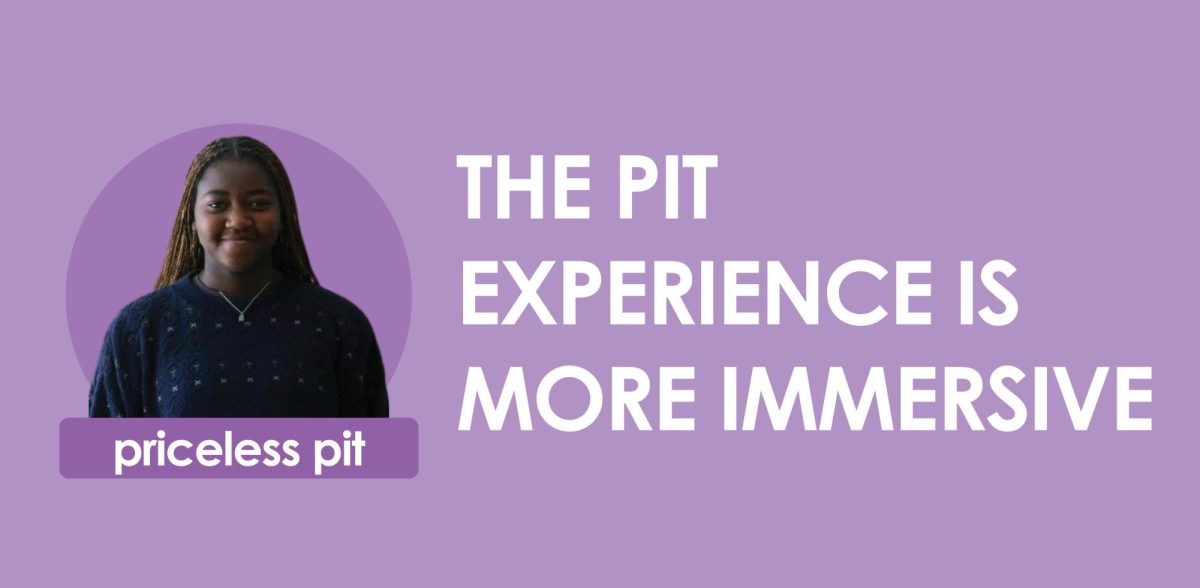





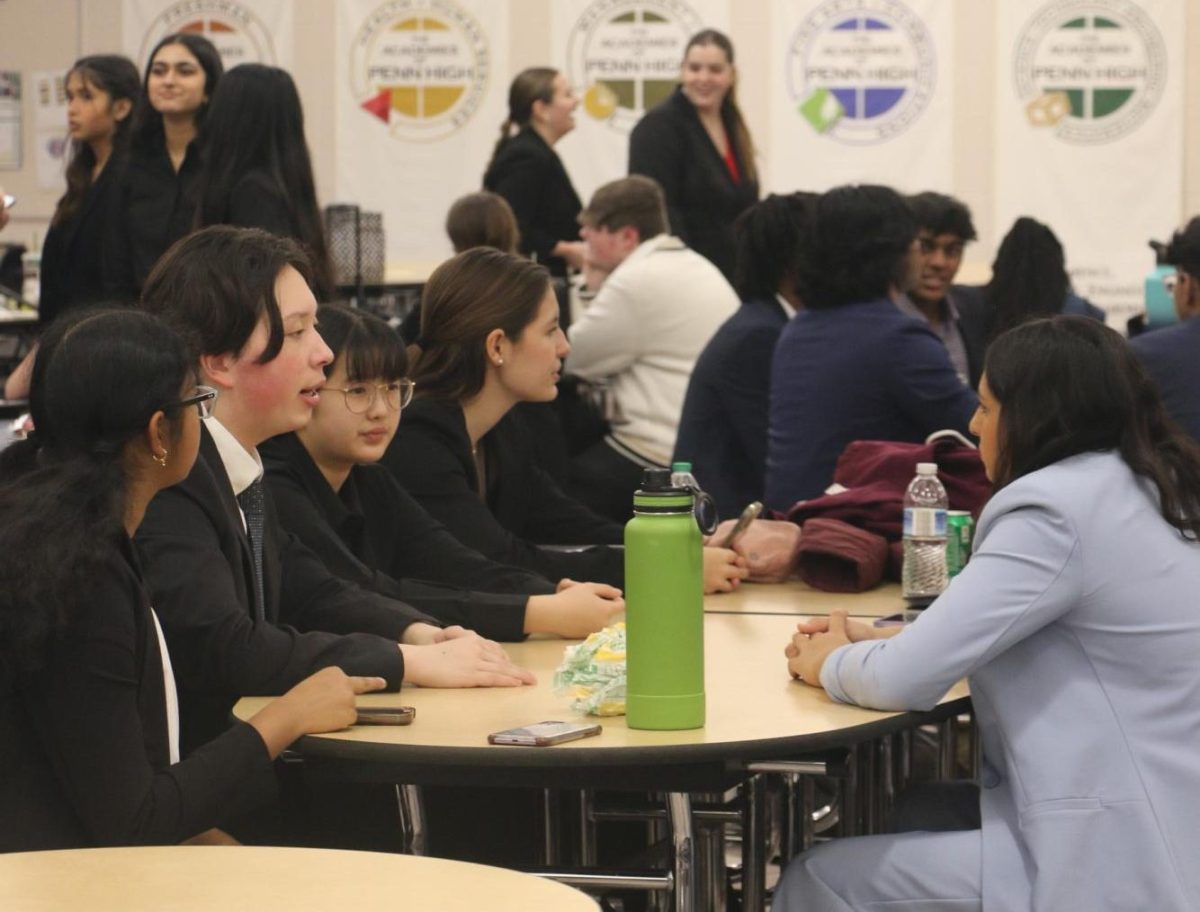









![Family vlogger controversy, need for content reform [opinion]](https://hilite.org/wp-content/uploads/2024/05/Screenshot-2024-05-14-11.33.37-AM-1200x465.png)





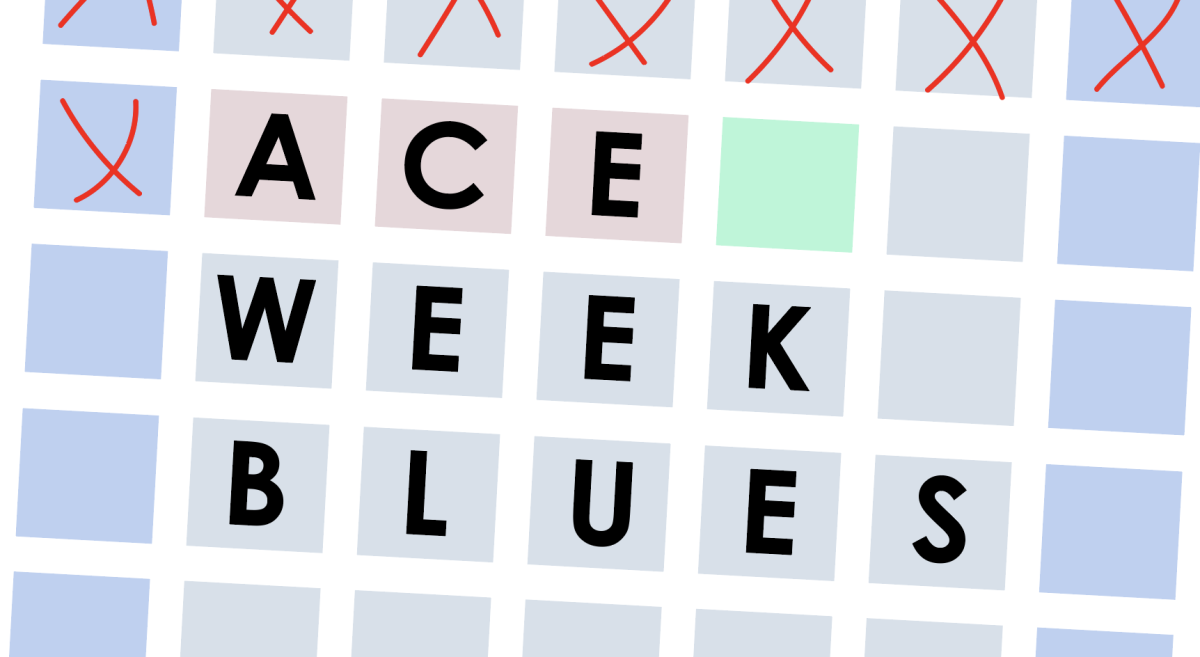
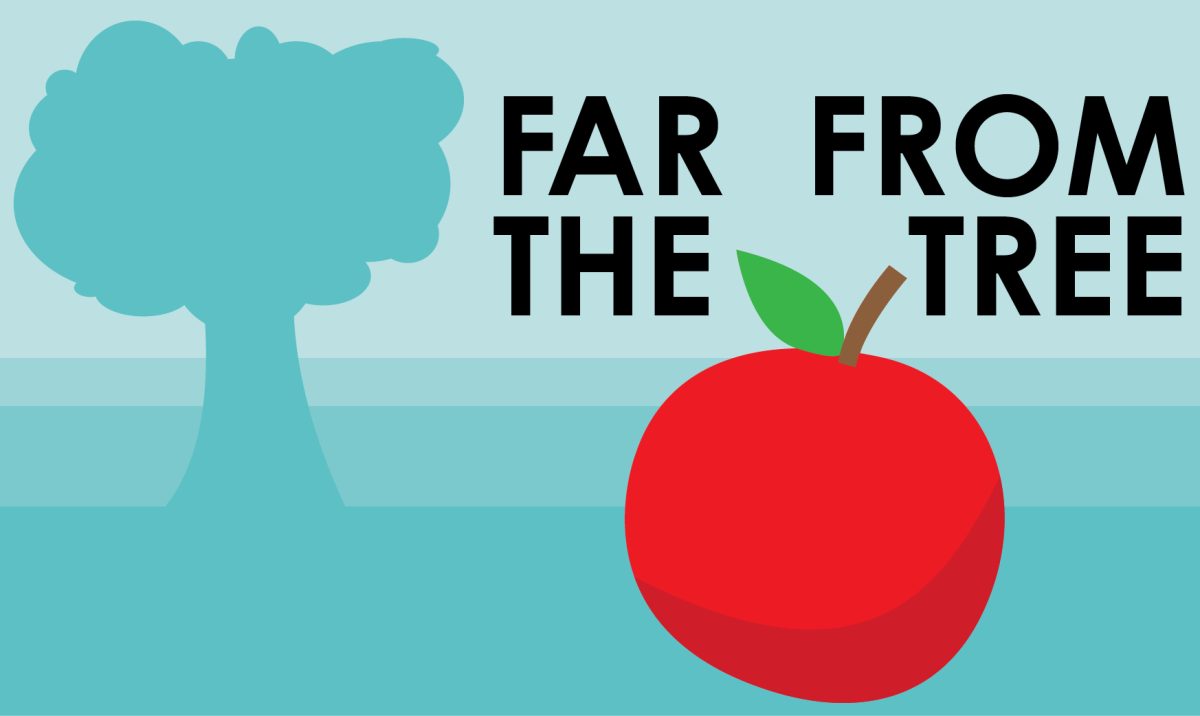
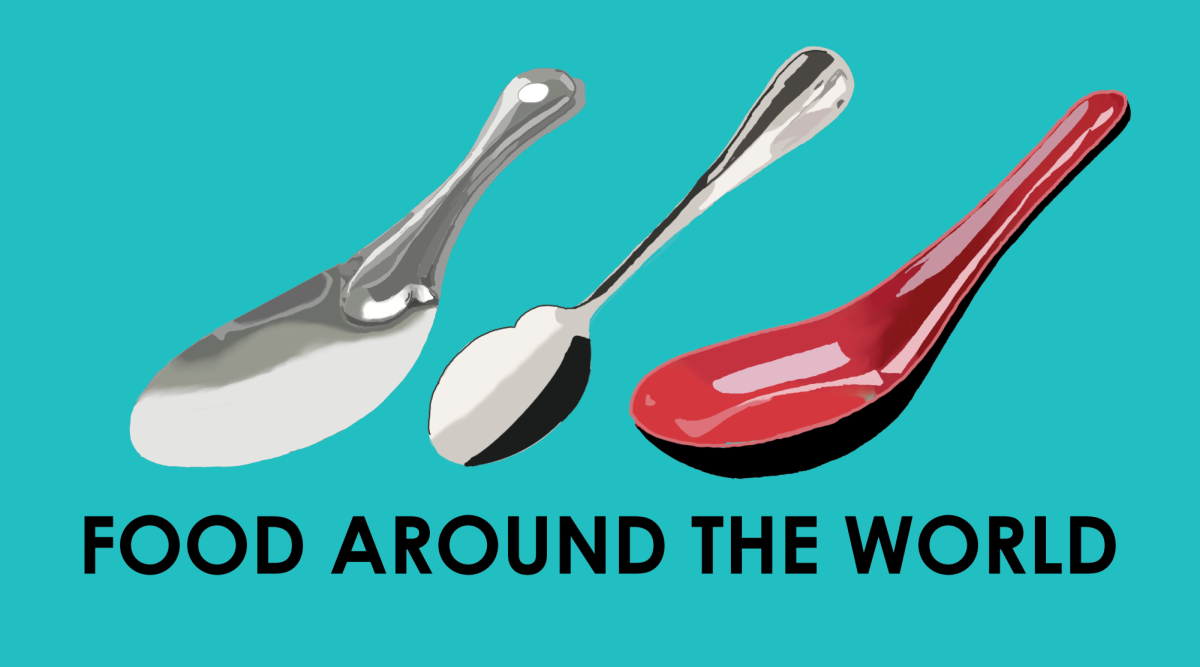
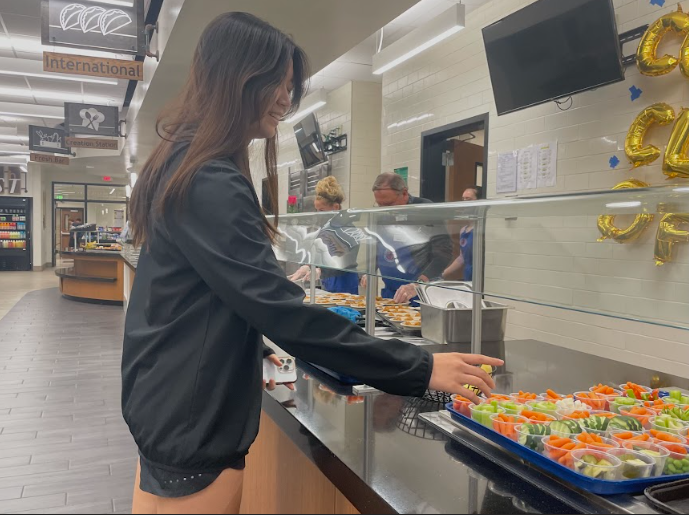





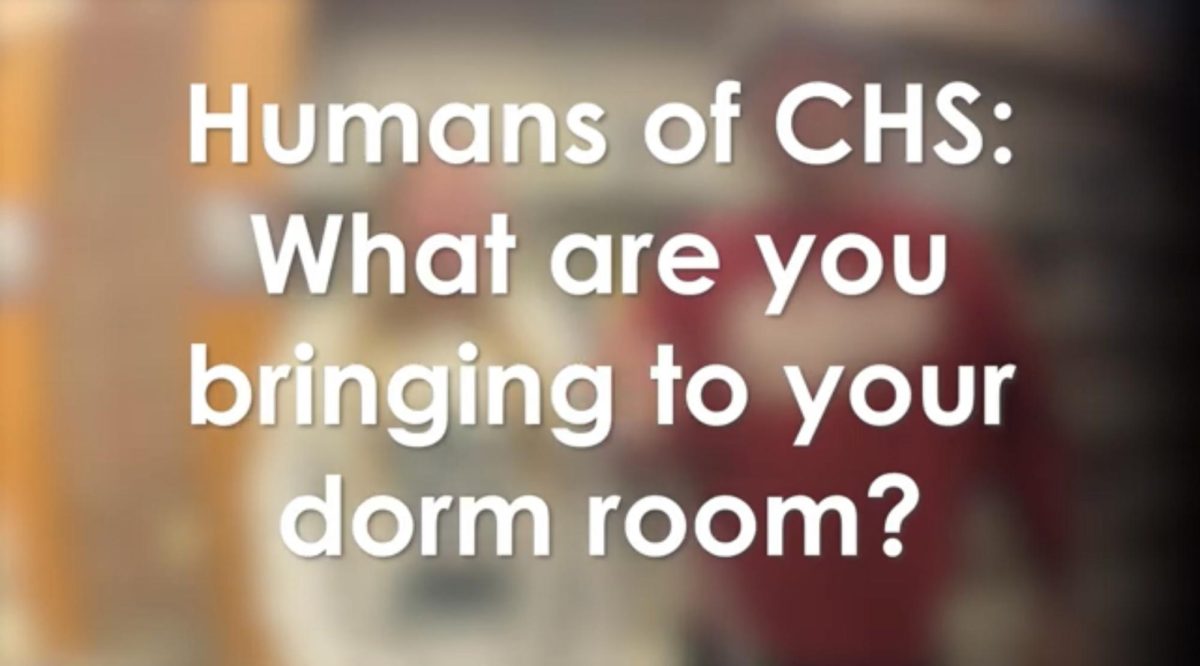









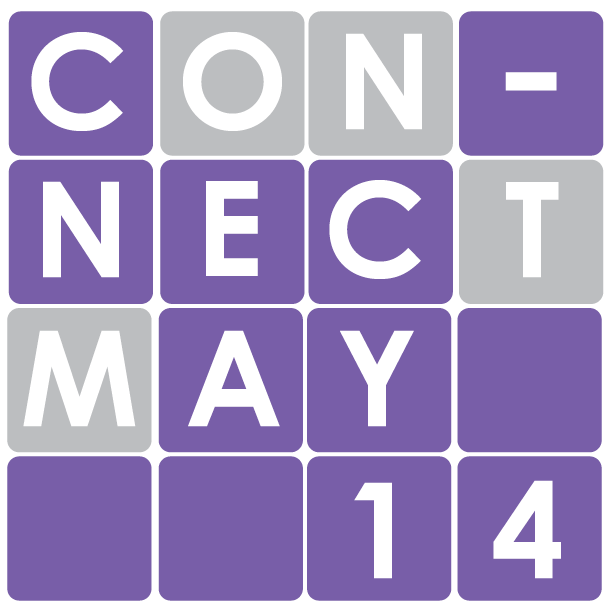
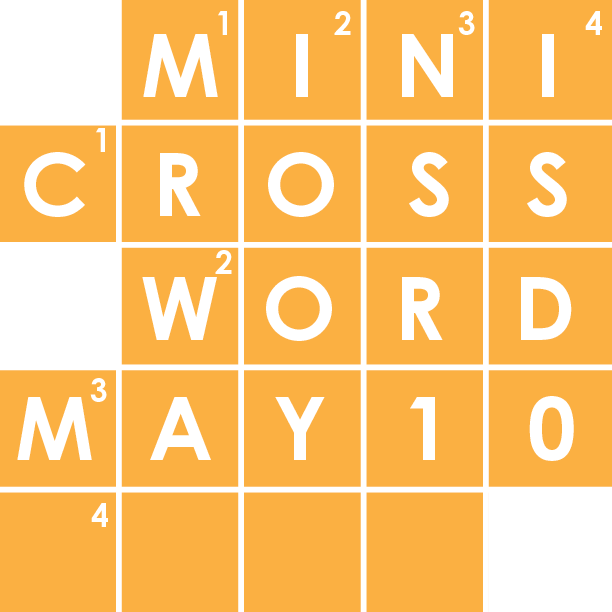
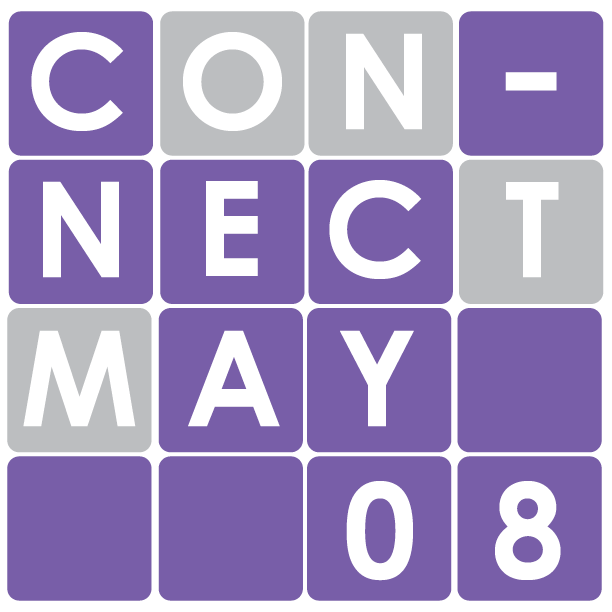
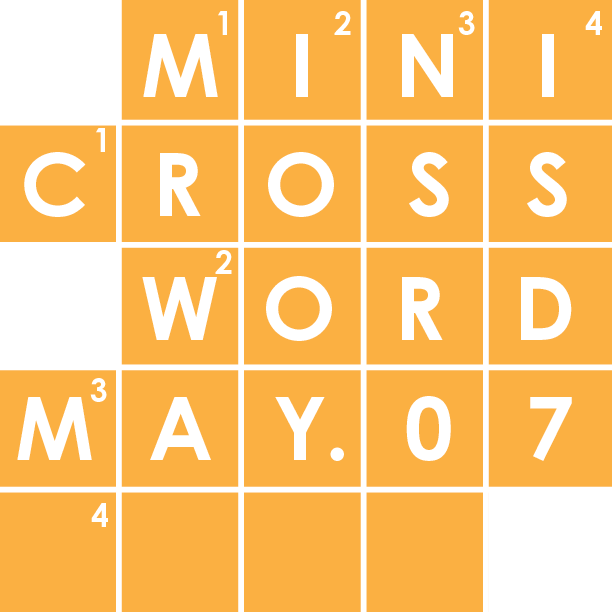
![Review: Taylor Swift’s new album The Tortured Poets Department is not her best work but is still a brilliant album [MUSE]](https://hilite.org/wp-content/uploads/2024/05/The-Anthology_Cover-1200x675.webp)
![Review: Challengers does it all [MUSE]](https://hilite.org/wp-content/uploads/2024/05/challengers-poster-1200x600.png)
![Review: A House of Flame and Shadow by Sarah J. Maas was a disappointing read [MUSE]](https://hilite.org/wp-content/uploads/2024/05/house-of-flame-and-shadow-feature.png)
![Review: Conan Gray’s new album, “Found Heaven”, is a refreshing twist on modern music [MUSE]](https://hilite.org/wp-content/uploads/2024/05/Screenshot-2023-10-31-at-16.01.05.webp)
![Review: “Bodies, Bodies, Bodies” is the quintessential Gen-Z movie [MUSE]](https://hilite.org/wp-content/uploads/2024/05/Screenshot-2024-05-15-140618.png)
![Review in Print: Maripaz Villar brings a delightfully unique style to the world of WEBTOON [MUSE]](https://hilite.org/wp-content/uploads/2023/12/maripazcover-1200x960.jpg)
![Review: “The Sword of Kaigen” is a masterpiece [MUSE]](https://hilite.org/wp-content/uploads/2023/11/Screenshot-2023-11-26-201051.png)
![Review: Gateron Oil Kings, great linear switches, okay price [MUSE]](https://hilite.org/wp-content/uploads/2023/11/Screenshot-2023-11-26-200553.png)
![Review: “A Haunting in Venice” is a significant improvement from other Agatha Christie adaptations [MUSE]](https://hilite.org/wp-content/uploads/2023/11/e7ee2938a6d422669771bce6d8088521.jpg)
![Review: A Thanksgiving story from elementary school, still just as interesting [MUSE]](https://hilite.org/wp-content/uploads/2023/11/Screenshot-2023-11-26-195514-987x1200.png)
![Review: When I Fly Towards You, cute, uplifting youth drama [MUSE]](https://hilite.org/wp-content/uploads/2023/09/When-I-Fly-Towards-You-Chinese-drama.png)
![Postcards from Muse: Hawaii Travel Diary [MUSE]](https://hilite.org/wp-content/uploads/2023/09/My-project-1-1200x1200.jpg)
![Review: Ladybug & Cat Noir: The Movie, departure from original show [MUSE]](https://hilite.org/wp-content/uploads/2023/09/Ladybug__Cat_Noir_-_The_Movie_poster.jpg)
![Review in Print: Hidden Love is the cute, uplifting drama everyone needs [MUSE]](https://hilite.org/wp-content/uploads/2023/09/hiddenlovecover-e1693597208225-1030x1200.png)
![Review in Print: Heartstopper is the heartwarming queer romance we all need [MUSE]](https://hilite.org/wp-content/uploads/2023/08/museheartstoppercover-1200x654.png)






















![Review: “Ginny & Georgia” is a dramatic and poorly made emotional rollercoaster–and I loved it anyway [MUSE]](https://hilite.org/wp-content/uploads/2024/03/ginny-and-georgia-season2-main-be37bbb9487a41e88b3f66c3baacd5c3-300x177.jpg)
![Review: Witch Hat Atelier is a masterpiece in art and world-building, but the story has only begun [MUSE]](https://hilite.org/wp-content/uploads/2024/01/unnamed-211x300.png)
![Review: “Mysterious Lotus Casebook” is an amazing historical Chinese drama [MUSE]](https://hilite.org/wp-content/uploads/2024/03/0-300x170.webp)
![Review: “A Little Life” by Hanya Yanagihara is the epitome of a heartwrenching masterpiece [MUSE]](https://hilite.org/wp-content/uploads/2024/01/unnamed-5-300x200.png)


